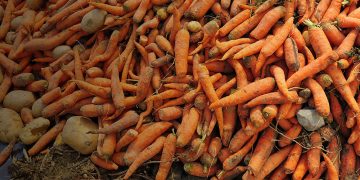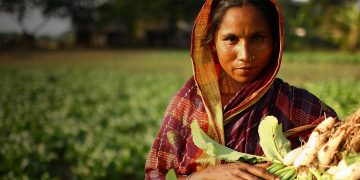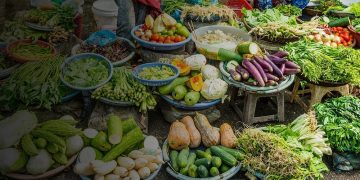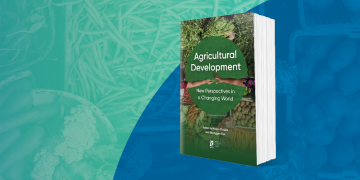Panelists provide inputs to the UN Food Systems Summit agenda and discuss “game-changing” solutions to reduce global food loss & waste.
Achieving sustainable agricultural practices
From incentives to adoption to outcomes, effective global food security requires that we rethink production systems & rapidly shift toward more sustainable models.
Measuring Women’s Empowerment in Agriculture
Gender bias and inequalities not only hold back women, but entire societies. CGIAR breakthrough innovations have made a difference for gender equality over the decades.
IFPRI Insights: February 2021
Learn about IFPRI's recent work in agricultural development, COVID-19 safety nets, climate adaptation, and more.
Agricultural Development: New Perspectives in a Changing World
Agricultural Development: New Perspectives in a Changing World is the first comprehensive exploration of key emerging issues facing developing country agriculture today, from rapid urbanization to rural transformation to climate change.
- « Previous Page
- 1
- …
- 25
- 26
- 27
- 28
- 29
- …
- 36
- Next Page »




